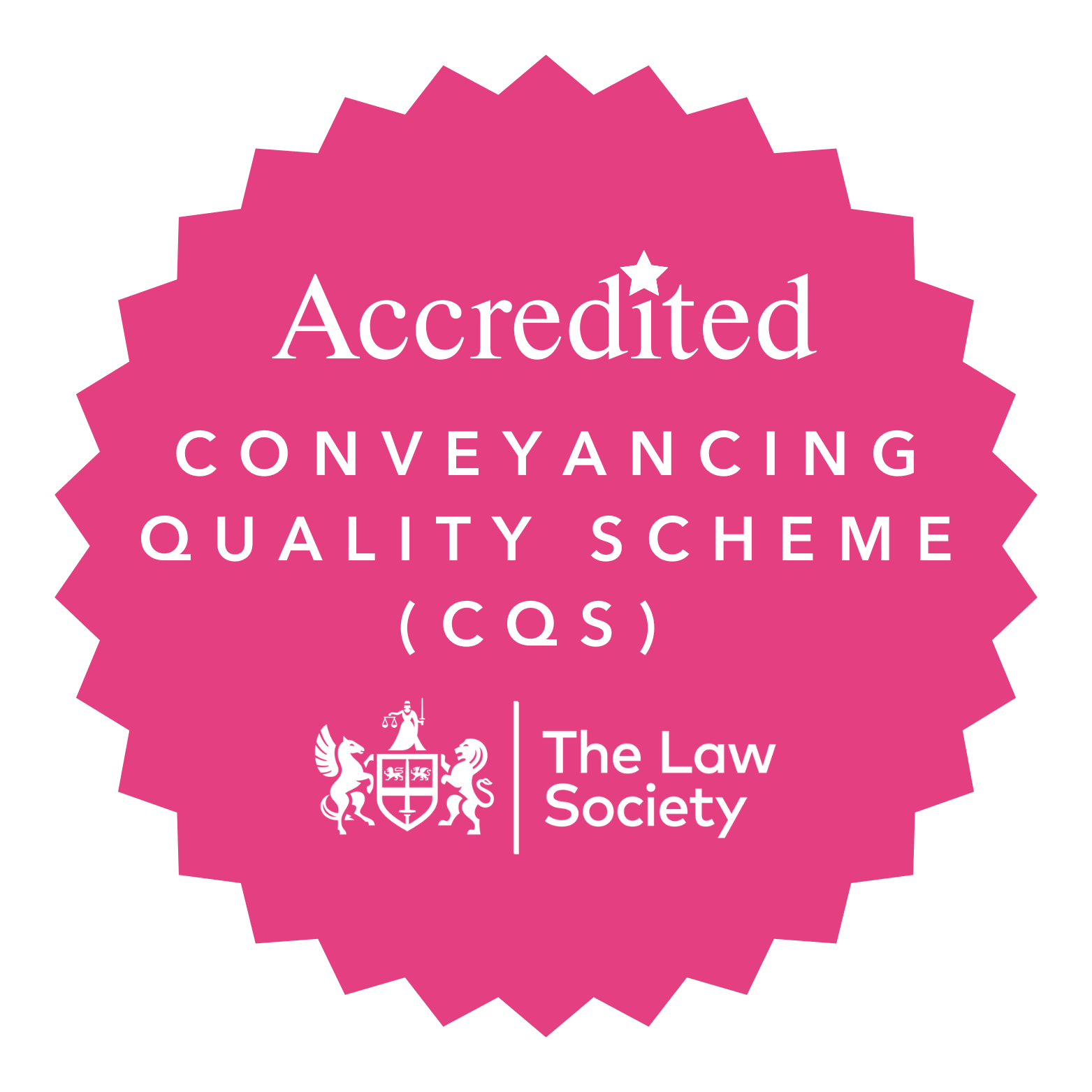What is Parental Responsibility?
Parental responsibility refers to the legal rights, duties, and obligations a parent has regarding a child's care and upbringing.
It involves making important decisions about the child's education, health, and welfare, including:
- Providing and maintaining a home for the child.
- Protecting the child.
- Determining the child's education choices.
- Consenting to medical treatments.
- Deciding on the child's involvement in certain religions.
- Making choices on matters like name changes and international travels.
Can I apply for parental responsibility?
If you currently don't have parental responsibility and are looking to get it, you can apply for a:
- Parental Responsibility Agreement: This is a mutual arrangement, ideal if those with current responsibility are in agreement that you should also have parental responsibility.
- Court-issued Parental Responsibility Order: If an agreement isn't in sight, you can seek a court's intervention. The route you choose will depend on your circumstances.
Who Has Parental Responsibility?
In the UK, all birth mothers automatically have parental responsibility, while fathers, step-parents, and others might acquire it under certain conditions.
Mothers are naturally granted parental responsibility upon birth of a child. This remains true even if conception occurred using donor eggs.
Fathers married to the child's mother at the time of the child's birth are also given parental responsibility.
Biological fathers who aren't married to the mother at the child's birth don't automatically get parental responsibility. They must actively pursue it through means such as:
- Being listed on the child's birth certificate.
- Being re-registered on the birth certificate.
- Marrying the mother (this status remains intact even after divorce).
- Formalising a parental responsibility agreement with the birth mother.
- Seeking a court order, either for parental responsibility or a Child Arrangements Order indicating the child should live with them.
Step-parents, grandparents, or others who aren't biological parents don't naturally hold parental responsibility. To get parental responsibility, they can:
- Seek approval from all current holders of parental responsibility for you to have parental responsibility.
- Secure a Child Arrangements Order from the family court.
- Obtain legal status as the child's guardian or special guardian.
Local Authorities can also seek parental responsibility through a Care Order.
Can Parental Responsibility be removed from me?
Terminating parental responsibility requires compelling reasons, and it must serve the child's best interests.
Courts might also consider the option to limit someone's parental responsibility, for example; restricting their access to the child's medical or academic records.
Can I make decisions on my own?
If multiple people hold parental responsibility, consensus is needed for decisions. Everyone with responsibility has the right to contribute to major decisions, such as:
- Educational choices for the child.
- Providing consent for medical treatments.
- Granting permission for trips abroad or prolonged travel.
- Representing the child in legal proceedings.
- Altering the child's name.
- Deciding on the child's religious upbringing.
However, for everyday decisions like setting a bedtime, attending school events, or defining boundaries, the consent of others isn't needed. Although, if you are divorced and share custody of your child, it's good to agree on them together in order to offer the child stability.
What about Co-parenting during school holidays?
If you share custody of your child, it's good to agree on daily decisions like setting a bedtime, or defining boundaries together in order to offer the your child stability.
Pickerings family law solicitors are members of the Law Society Children Panel which means that they have shown, to the satisfaction of the Law Society, that they have and will maintain a high level of knowledge, skills, experience and practice in the area of children law. Should you need further advice or information, contact the family team on 01827 317070 or family@pickerings-solicitors.com



